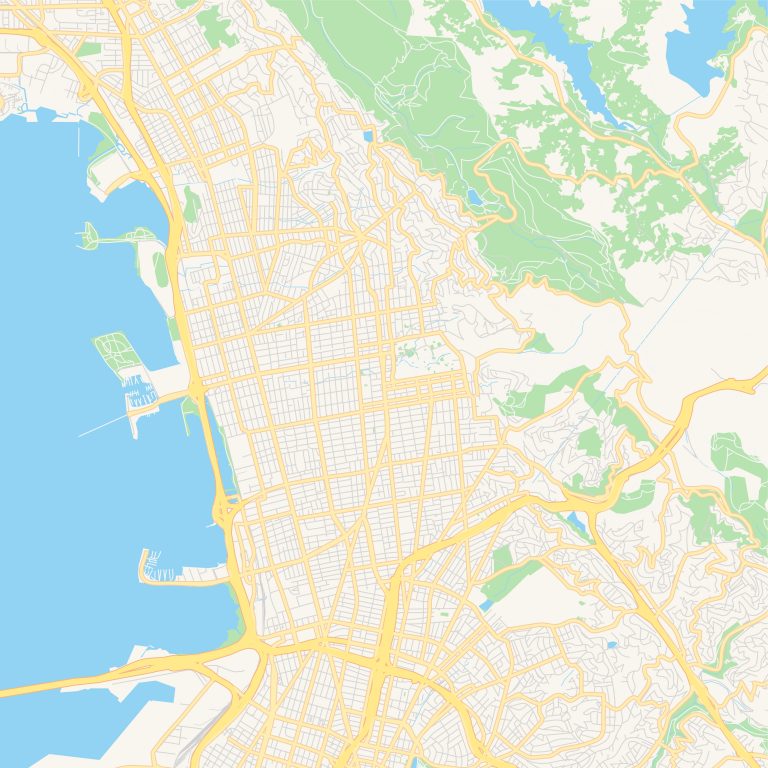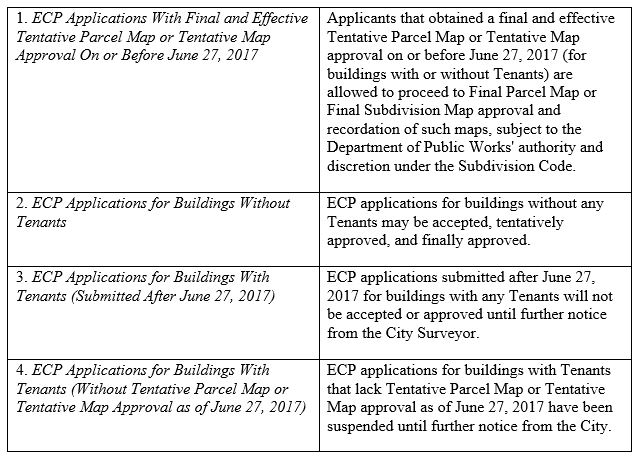On December 1, 2021, the City of Berkeley adopted a new Zoning Ordinance (Title 23 of the Berkeley Municipal Code), the first major revision of the City’s Zoning Ordinance since 1999. The revision process originated from a 2016 City Council referral which asked the Planning Department to undertake structural revisions to the Zoning Ordinance. As with many zoning codes, Berkeley’s Zoning Ordinance was needlessly long and repetitive, had inconsistent formatting and definitions, and outdated policies and practices. Each of the 25 zoning districts in the city had its own land use table that listed permitted uses and permit requirements, resulting in different lists of uses and disparate treatment of similar uses across zoning districts. There were no area/geographic maps and there were few figures to illustrate concepts and regulations. This led to inaccurate interpretations, inconsistent applications, and anger towards city planners. It was not a “user-friendly” zoning code.
Berkeley undertook a two-phase approach to its Zoning Ordinance: this first update – Phase 1 – improves the formatting, language, and organization of the current code. It is easier to read, understand and administer. Phase 2 will undertake substantive changes to zoning regulations and processes.
The new Zoning Ordinance provides the following improvements:
- New format and Writing Style. The entire ordinance was re-formatted, with new numbering and titles. A new style guide was created, laying out specific word choices (ex: “addition” should be called “expansion”; a “lot” is now called a “parcel”), grammatical and spelling rules, and establishes Plain English Guidelines as the new writing style.
- Consolidated Land Use Tables. Former chapters and sections were combined. There are now three Land Use Tables – Residential, Commercial, and Industrial, consolidating all 25 districts. For example, all 10 commercial districts are under a single chapter. This will help remove inconsistencies in application and allow easy comparison among districts.
- New Maps and Figures. The old ordinance relied on narrative descriptions of geographic areas and subzones. There were few illustrations. The new Zoning Ordinance has maps of each area, eliminating long narrative descriptions, and includes updated figures and diagrams to illustrate items such as Floor Area Ratio and measurement methods.
- Eliminates Repetitive Language. In addition to eliminating repetitive land use controls, administrative procedures have been consolidated. This removed discrepancies and technical errors due to punctuation or word choice.
- Introduces a List of “Consent Changes”. Minor but non-substantive changes were included in this update. Clarification of ambiguous terms, updated legal requirements, and codification of existing interpretations and practice were made, resulting in a clearer more comprehensive document.
The new Zoning Ordinance took effect on December 1, 2021. Pending projects that have been deemed complete or received Zoning approval on or before November 30th will be reviewed using the “legacy” Zoning Ordinance. Pending projects or those that were deemed incomplete as of December 1st will be reviewed under the new Zoning Ordinance.
Berkeley is currently working on updates to their Housing Element and developing Objective Design Standards, both of which were identified as needing updating during the Phase 1 analysis. These efforts are ongoing. RJR will continue to track these efforts and provide updates.
Authored by Reuben, Junius & Rose, LLP Attorney Tara Sullivan.
The issues discussed in this update are not intended to be legal advice and no attorney-client relationship is established with the recipient. Readers should consult with legal counsel before relying on any of the information contained herein. Reuben, Junius & Rose, LLP is a full service real estate law firm. We specialize in land use, development and entitlement law. We also provide a wide range of transactional services, including leasing, acquisitions and sales, formation of limited liability companies and other entities, lending/workout assistance, subdivision and condominium work.




